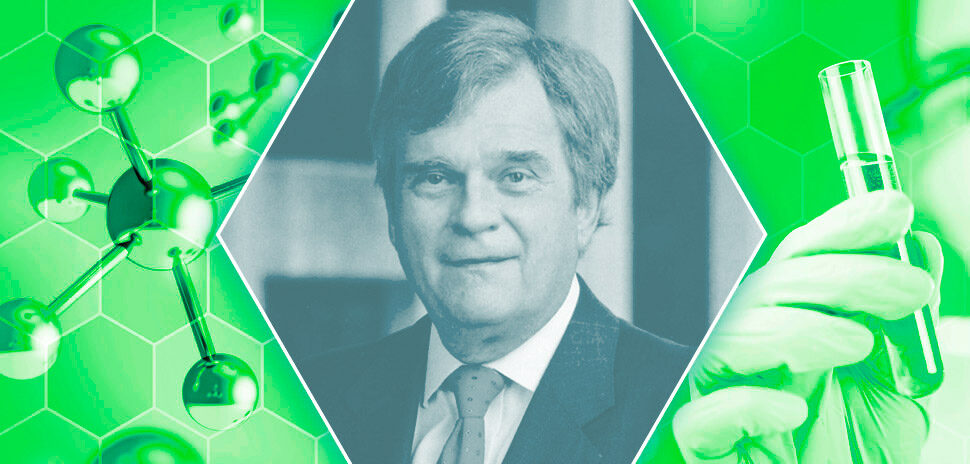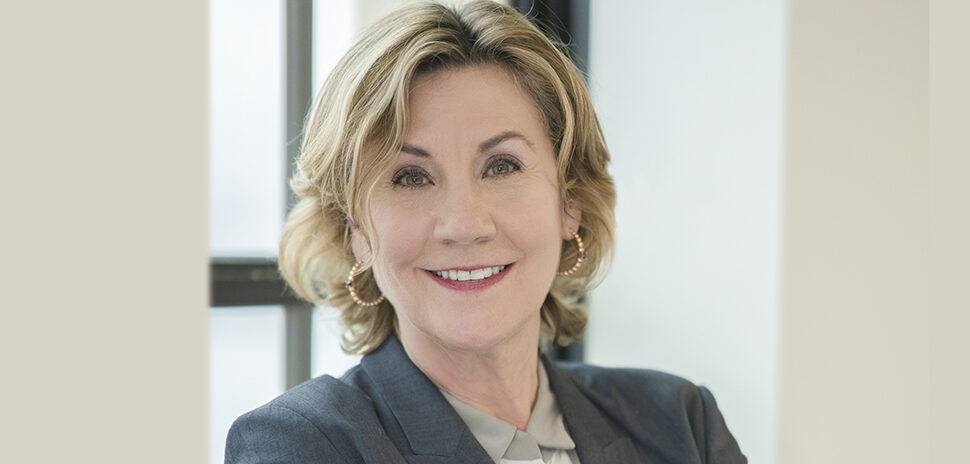The healthcare industry is changing so fast it’s difficult for busy doctors to keep up.
Medical experts talked about the state of the biotechnology industry and the challenges they face during the second annual bionorthTX IC3 Life Science Summit Wednesday at the University of Texas at Arlington’s College Park Center.
Some of the changes are good, such as UTA starting construction on a 200,000-square-foot facility that will specialize in health sciences and biomedical engineering.
The university will have a groundbreaking ceremony Thursday for the $125 million Science, Engineering Innovations and Research building. It’s planned on the south end of the UTA campus.
UTA President Vistasp Karbhari said the facility will have interdisciplinary teams working together on cutting-edge research.
“It’s designed to serve as a hub for our faculty, researchers, and students and is a further catalyst to advance the health sciences at UTA,” Karbhari said.
REVOLUTIONIZING HEALTHCARE
Also, technological advancements are revolutionizing healthcare, changing the entire business model for how doctors treat patients. Doctors are incentivized to get the highest outcome at the lowest cost with the highest patient satisfaction, said Dr. Brett Giroir, managing director of the Kirchner Group and the CEO of Health Science and Biosecurity Partners.
“There is a tsunami undergoing right now. We’re really transforming our system from a fee-for-service system where we manage disease to a system that’s based on sustained wellness,” Giroir said. “There’s no such thing as doctor’s orders anymore but there’s really interactive coaching with doctors and physicians and paraprofessionals.”
Then there’s the bad news.
COST OF CARE
The elephant in the room is still the skyrocketing cost of healthcare. The United States spent $3 trillion on healthcare in 2014 but ranked 11th among other developed countries in terms of quality and access. The average family of four is spending about $25,000 on healthcare in 2016.
“We are spending more and getting less,” Giroir said. “We are last in life expectancy. Last in infant mortality. Last in the percentage of population with chronic diseases. Last in obesity rating.”
Tom Kowalski, president and CEO of the Texas Healthcare and Bioscience Institute, talked about the upcoming Texas Legislative session, which starts in January.
One of the top priorities will be handling the end of CPRIT (Cancer Prevention & Research Institute of Texas) and establishing a CPRIT 2. The program was established by Texas voters in 2007 and allowed the state to issue $3 billion in bonds to fund cancer research and product development.
He called CPRIT a “rock star” that has helped attract out-of-state companies and investors to Texas.
“Our ask is that we keep it until the following session [in 2019] to allow CPRIT to fully expend all of its monies,” Kowalski said. “Now we have conversations going on for what CPRIT 2 might look like.”
GENETIC BREAKTHROUGHS IN CANCER RESEARCH
Dr. Theodora Ross, director of the UT Southwestern Cancer Genetics Department, said CPRIT has been vital to the work she and her colleagues have done in recent years.
“Genetic sequencing is phenomenal. It’s allowing us to do things we never could do before.” Dr. Theodora Ross
That includes genetic testing to see if someone is predisposed for certain cancers before they happen.
The problem is, doctors in the field are so busy treating patients they may not know about the latest breakthroughs, Ross said.
“Education is key. You’ve gone to medical school,” Ross said. “You’ve taken all your exams and now you’re out in the community and all the sudden everything they’ve learned has changed.”
UT Southwestern is always in need of more genetic counselors and genetic assistants. The 12 they have now isn’t enough to keep up with patient demand, she said.
“Genetic sequencing is phenomenal,” Ross said. “It’s allowing us to do things we never could do before.”
Delivering what’s new and next in Dallas-Fort Worth innovation, every day. Get the Dallas Innovates e-newsletter.






























